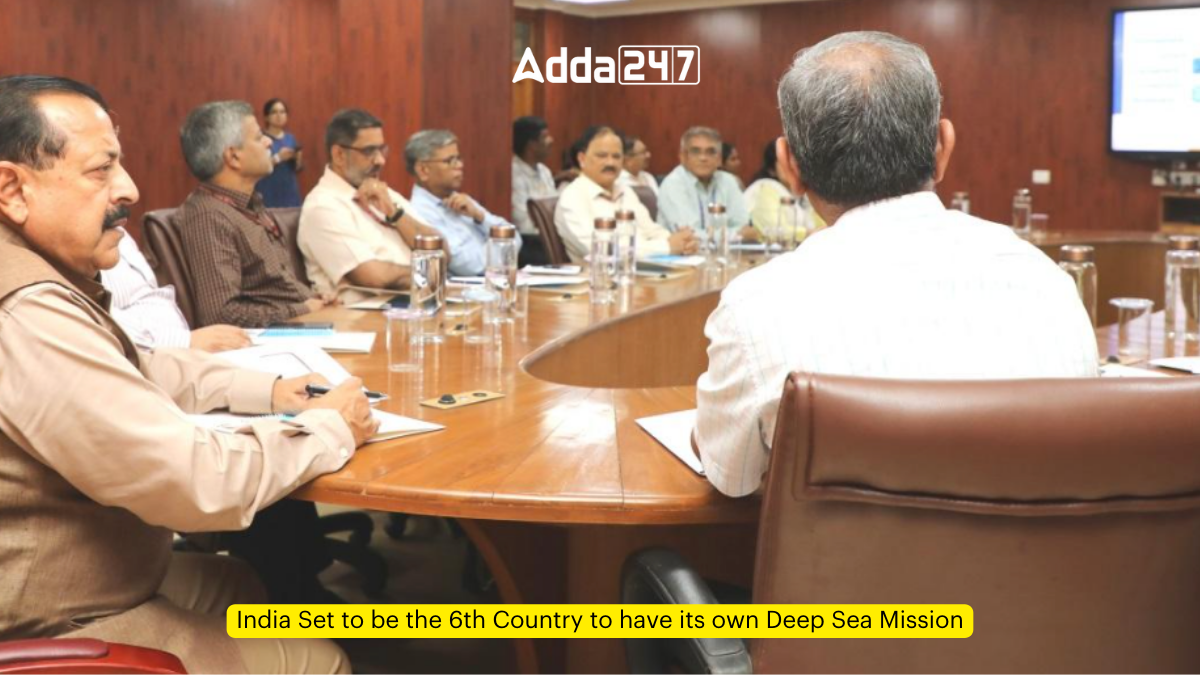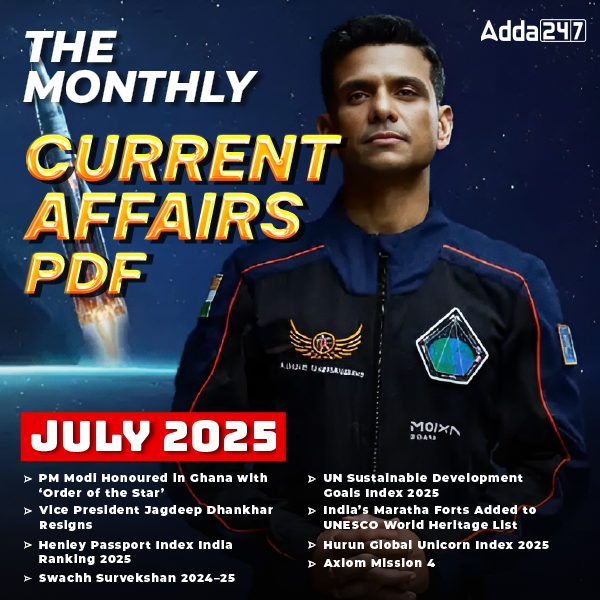India is set to join an elite group of nations with the launch of its ambitious Deep Sea Mission, making it the sixth country to embark on such a groundbreaking endeavor. Dr. Jitendra Singh, Union Minister of State (Independent Charge) for Science and Technology, Earth Sciences, PMO, Atomic Energy, Space, Personnel, Public Grievances, and Pensions, expressed pride and happiness over the progress of this mission during a recent meeting in New Delhi.
Achieving a Resilient Blue Economy
Chairing a meeting to discuss the 100-day Action Plan of the Ministry of Earth Sciences, Dr. Jitendra Singh emphasized the importance of focusing on achieving a resilient blue economy to empower people dependent on the ocean and its energy for their livelihood. He highlighted that the Deep Sea Mission is not limited to mineral exploration but encompasses the development of ocean sciences, exploration of flora and fauna, and conservation of marine biodiversity.
Pioneering Indigenous Technology
The Union Minister lauded the efforts of the National Institute of Ocean Technology (NIOT) in developing the Matsyayaan 6000, a submersible capable of diving 6,000 meters deep into the ocean. He directed officials to complete the first stage of harbor trials by September 2024 and subsequent trials by 2026.
Dr. Jitendra Singh appreciated the collaboration between NIOT and the Indian Space Research Organisation (ISRO) in developing a titanium hull capable of withstanding extreme pressure. He also inquired about the development of self-floatation technology to deal with emergency conditions, allowing the submersible to remain submerged for up to 72 hours.
Unlocking Economic Potential
Highlighting the multi-fold impact of the Deep Sea Mission, Dr. Jitendra Singh emphasized its potential to contribute significantly to the overall growth of the Indian economy. The mission will explore and study deep-sea flora and fauna, rare earth metals, commercial exploitation of resources, and the discovery of metals and polymetallic nodules in the Indian seabed.
The Union Minister directed and motivated scientists and officials to develop indigenous technology and capabilities, reducing India’s dependence on foreign expertise in this domain.
Collaboration and Progress
Dr. M Ravi Chandran, Secretary of the Ministry of Earth Sciences, along with other senior officials, was present at the meeting, underscoring the collaborative effort required for the successful implementation of the Deep Sea Mission.
With a projected four-hour descent time for the submersible, the Deep Sea Mission promises to unlock new frontiers in oceanic exploration, scientific research, and economic opportunities for India.
As India becomes the sixth country to embark on this ambitious journey, the Deep Sea Mission reinforces the nation’s commitment to advancing scientific knowledge, fostering sustainable development, and securing a prosperous future through the responsible exploration and utilization of our oceans’ vast resources.




 Government Approves ₹4,200 Crore MERITE ...
Government Approves ₹4,200 Crore MERITE ...
 PM E-Drive Scheme Extended Until 2028, B...
PM E-Drive Scheme Extended Until 2028, B...
 Over 72.22 Lakh Pregnant Women Registere...
Over 72.22 Lakh Pregnant Women Registere...

